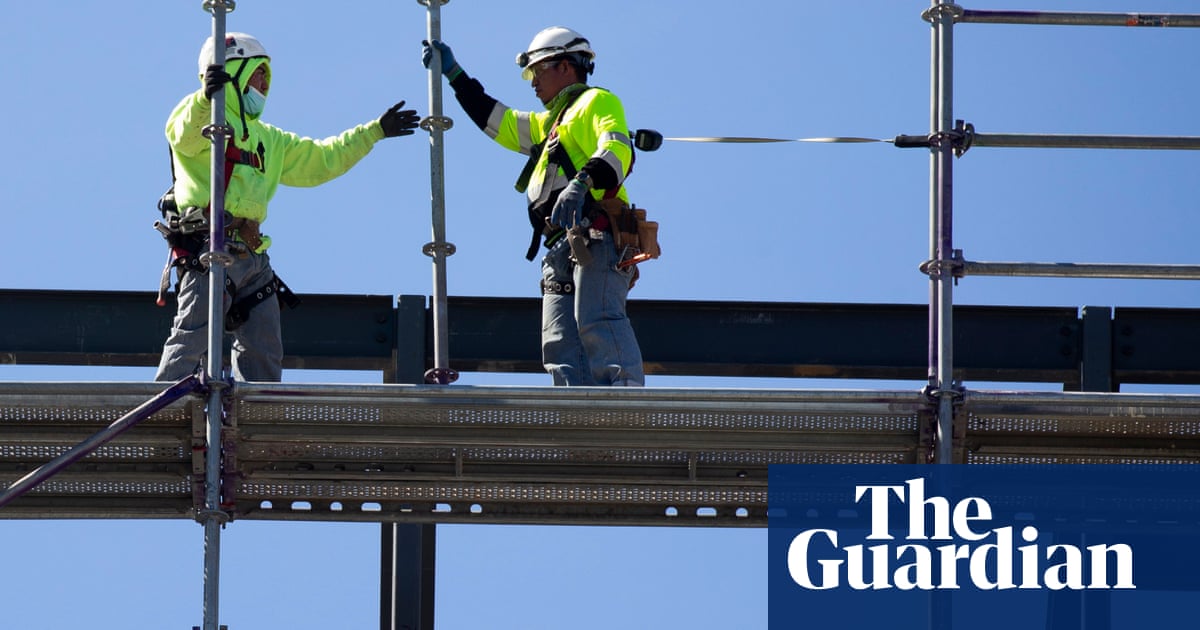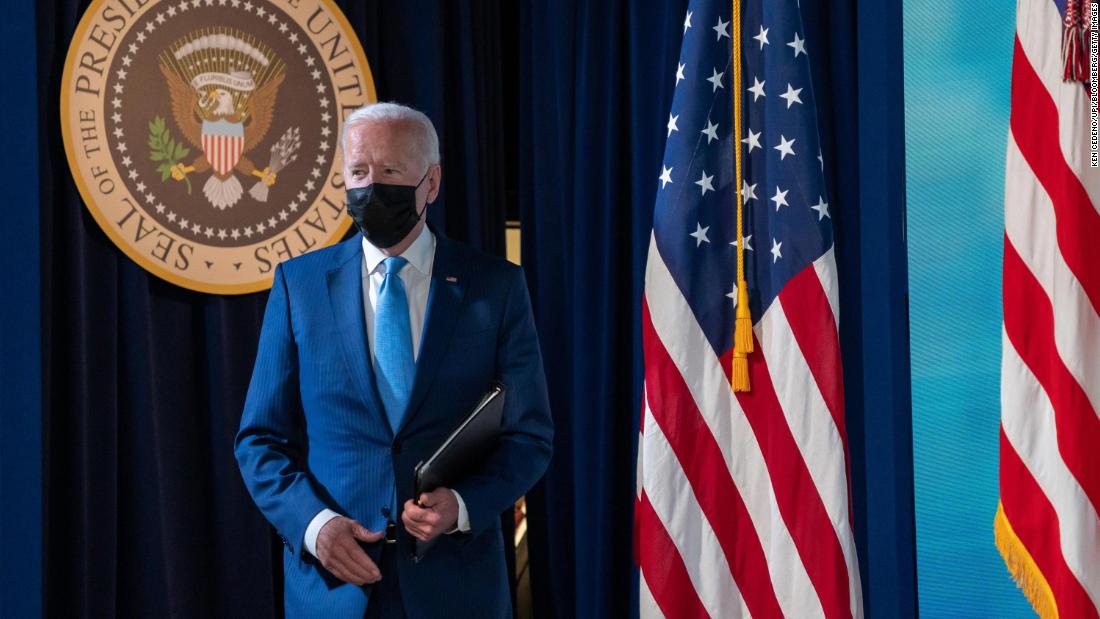:quality(70)/cloudfront-eu-central-1.images.arcpublishing.com/irishtimes/4ING4HYLKFE7ZDECBU2N5IEPFA.jpg)
Quiet quitting: You always had workers who did 9-5 but it’s a creeping malaise, employers say
About two years ago the term “quiet quitting” was added to the workplace vocabulary. It refers to employees who are no longer willing to go the extra mile for an employer and it was widely considered a knock-on effect of the pandemic.
In fact, quiet quitting is not new. Employees have always had the option to reduce their effort if they felt undervalued or overworked. What the pandemic did was bring this resistance right out in the open as many resented the extent to which work had seeped into their personal lives during lockdown. Once a semblance of normality returned, they started kicking back.
What employers have found since is that quiet quitting is worse than the inconvenience of having an employee leave. Quiet quitters are hard to handle, both on the job and in performance reviews, because they continue to complete their assigned workload to the same (often high) standard, giving their managers an uneasy feeling but nothing specific to complain about.
Quiet quitting is subtle, unspoken and slippery to tie down, but a straw poll of managers suggests it is a lot more prevalent post-pandemic. “You always had those who did their 9-5 but not a minute more and never chipped in if there was a crisis. But it’s become like a creeping malaise with a sort of passive-aggressive undercurrent that’s really exhausting,” says one manager in charge of a large finance team in a busy multinational business.
























